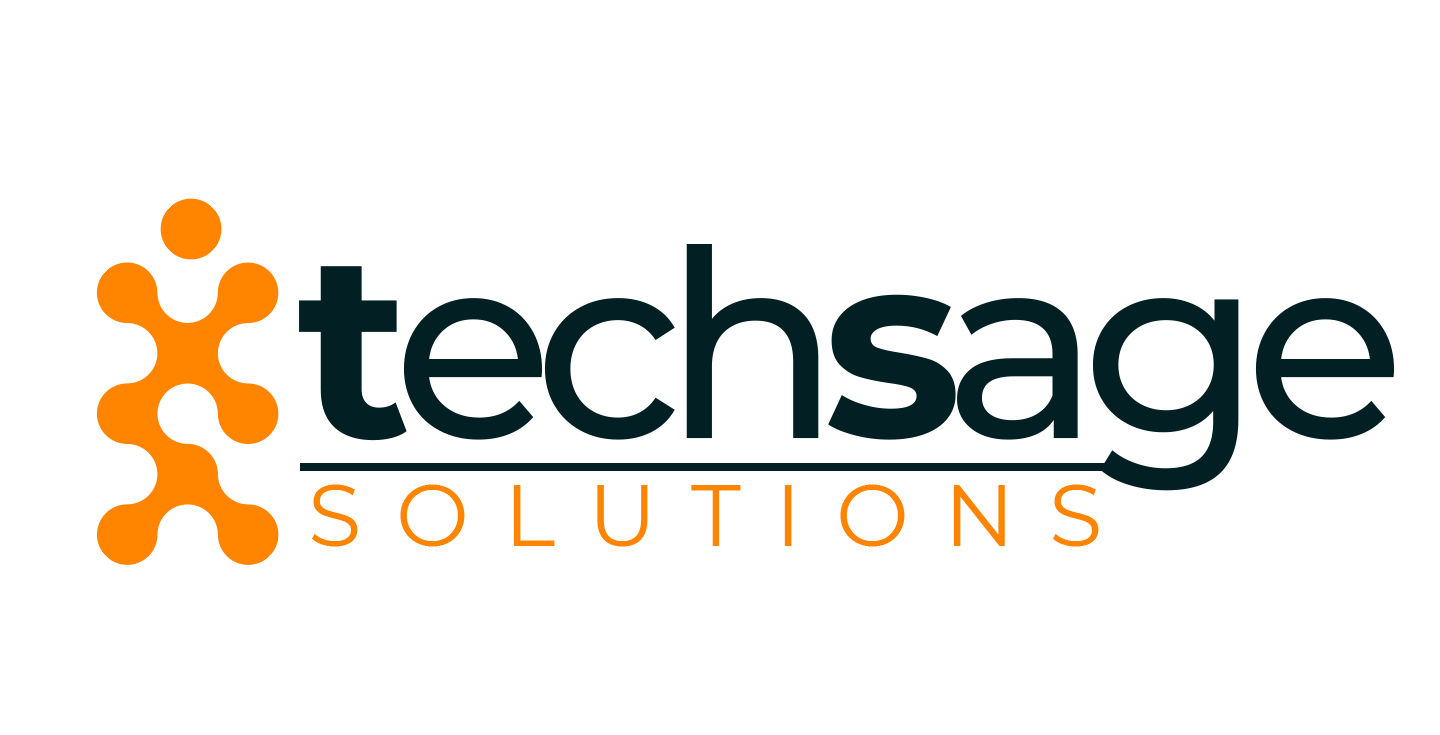Internet of Things
The Internet of Things (IoT) describes the network of physical objects that are embedded with sensors, software, and other technologies for the purpose of connecting and exchanging data with other devices and systems over the internet. The Internet of Things (IoT) solutions we provide have proven advantageous in every industry we've worked with, facilitating the creation of new business and boosting efficiency. The IoT solutions have helped connect devices, manage tasks, analyze opportunities, and transfer information in a secure way.
By means of low-cost computing, the cloud, big data, analytics, and mobile technologies, physical things can share and collect data with minimal human intervention. In this hyperconnected world, digital systems can record, monitor, and adjust each interaction between connected things. The physical world meets the digital world and they cooperate.
Industries that benefit from IOT technologies
IoT tools have been incorporated into many businesses' infrastructures worldwide. SMEs can enhance output, decrease expenses, and shorten delivery times thanks to the IoT market's ongoing growth. Many sectors benefit from the use of internet-of-things technology, some of them include:
- Manufacturing
- Agriculture
- Finance
- Automative
- Transportation and Logistics
- Retail
- Public Sector
- Healthcare
- General Safety Across All Industriesr
Application areas of IOT technologies
A wide range of applications are being driven by IoT's capacity to both enable and deliver sensor data as well as device-to-device communication. Below are some of the most well-known application areas of IOT solutions in multiple industries and fields:
Create new efficiencies in manufacturing through machine monitoring and product-quality monitoring.
Machines can be continuously monitored and analyzed to make sure they are performing within required tolerances. Products can also be monitored in real time to identify and address quality defects.
Improve the tracking and “ring-fencing” of physical assets.
Tracking enables businesses to quickly determine asset location. Ring-fencing allows them to make sure that high-value assets are protected from theft and removal.
Use wearables to monitor human health analytics and environmental conditions
IoT wearables enable people to better understand their own health and allow physicians to remotely monitor patients. This technology also enables companies to track the health and safety of their employees, which is especially useful for workers employed in hazardous conditions.
Drive efficiencies and new possibilities in existing processes.
One example of this is the use of IoT to increase efficiency and safety in connected logistics for fleet management. Companies can use IoT fleet monitoring to direct trucks, in real time, to improve efficiency.
Enable business process changes.
An example of this is the use of IoT devices for connected assets to monitor the health of remote machines and trigger service calls for preventive maintenance. The ability to remotely monitor machines is also enabling new product-as-a-service business models, where customers no longer need to buy a product but instead pay for its usage.
Benefits of IOT solutions - The Business value
Businesses are using IoT's enormous business value as it becomes more prominent in the market. Some of these benefits include:
✓ Deriving data-driven insights from IoT data to help better manage the business
✓ Increasing productivity and efficiency of business operations
✓ Creating new business models and revenue streams
✓ Easily and seamlessly connecting the physical business world to the digital world to drive quick time to value
✓ Cost-effective operation
✓ Improved productivity of staff and reduced human labor
